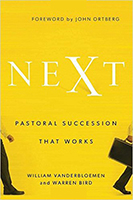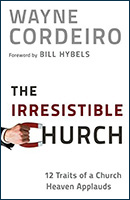Counterfeit Gods
 Keller’s book Counterfeit Gods takes a deeper look at idolatry than I have ever done. I found it insightful and challenging. I would have said that I had a good understanding of the topic, but Keller goes to a whole different level. I found it hard to choose only one or two things to comment on. But I will anyway.
Keller’s book Counterfeit Gods takes a deeper look at idolatry than I have ever done. I found it insightful and challenging. I would have said that I had a good understanding of the topic, but Keller goes to a whole different level. I found it hard to choose only one or two things to comment on. But I will anyway.
One thing that really stood out was one of the results of having an idol in your life: “One of the signs that an object is functioning as an idol is that fear becomes one of the chief characteristics of life.” When anything less than God is at the center, we intuitively know that it can be lost or taken, that it is fundamentally insecure. That causes fear. If you aren’t sure if you have an idol in your life, look for the fruit—fear being a big deal. That’s a great tip-off.
I never thought of looking at the fears in my life as ways to identify idols, but it didn’t take long to see how that could be true. Maybe my fear of failure is connected to some kind of idolizing of success or of performance being the basis for my identity. That begins to strike close to home.
I was also struck by another diagnostic tool. “The true god of your heart is what your thoughts effortlessly go to when there is nothing else demanding your attention.” I thought that was brilliant. What do I think about without trying; where do my thoughts naturally go when there are no demands on my brain and no to-do list in front of me?
Do I think about how I would spend the money if I won the Lottery? Or what it would be like if I was the greatest basketball player ever? Of if I had a ministry that was changing the world? Where do we go in our unscripted, unguarded moments? I wish I could say I always thought about seeing Jesus face to face, but that wouldn’t be true.
Finally, looking at what is underneath our most volatile and painful emotions. What gets us stirred up at the deepest levels? And how does that affect the choices we make?
Keller says we all have idols and potential idols lurking in our lives. Reading Counterfeit Gods actually exposed some of mine to me. What about you? Were there things that stood out to you?









